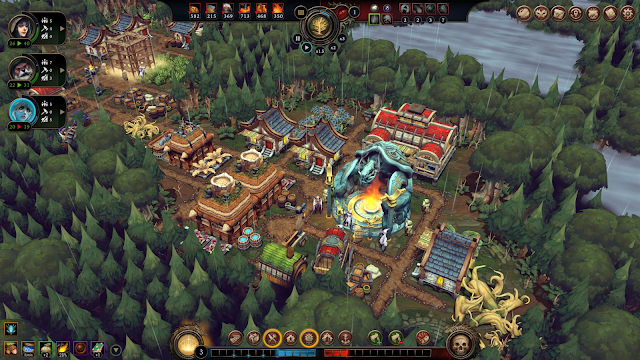Down here in the other hemisphere, Australians and New Zealanders are approaching winter... which means it's time to leave the beach and attend some game developer events.
I'll be participating in a few public events this season:
- June 7-8, 2025: Frosty Games Fest @ online. We'll be premiering some Tryhard gameplay footage at this upcoming fresh new exciting Australia / New Zealand themed online games festival, featuring demos and trailers from AU / NZ designers and studios. If you're a streamer / video creator / journalist, fill out the form on their website for access.
- July 19, 2025: Wireframe @ Auckland, New Zealand. I'll be giving a short level design talk at the local game development conference here in New Zealand's largest city. You can check out the Wireframe speaker schedule here. There's also a planned games showcase for locals to submit their games. Join the Auckland Makes Games discord for info and updates.
- July 31 - August 2, 2025: Freeplay / Angles @ Melbourne, Australia. I'll (probably) be around at Australia's longest running indie games festival. Last time I was in Melbourne in 2018, I got the opportunity to make a gay AFL-themed alt ctrl game, and this year I have even more to say about sports games and sexuality. Speaker applications for 15-30 minute talks are still open, the submission deadline is June 3, 2025.



















